AARP Hearing Center

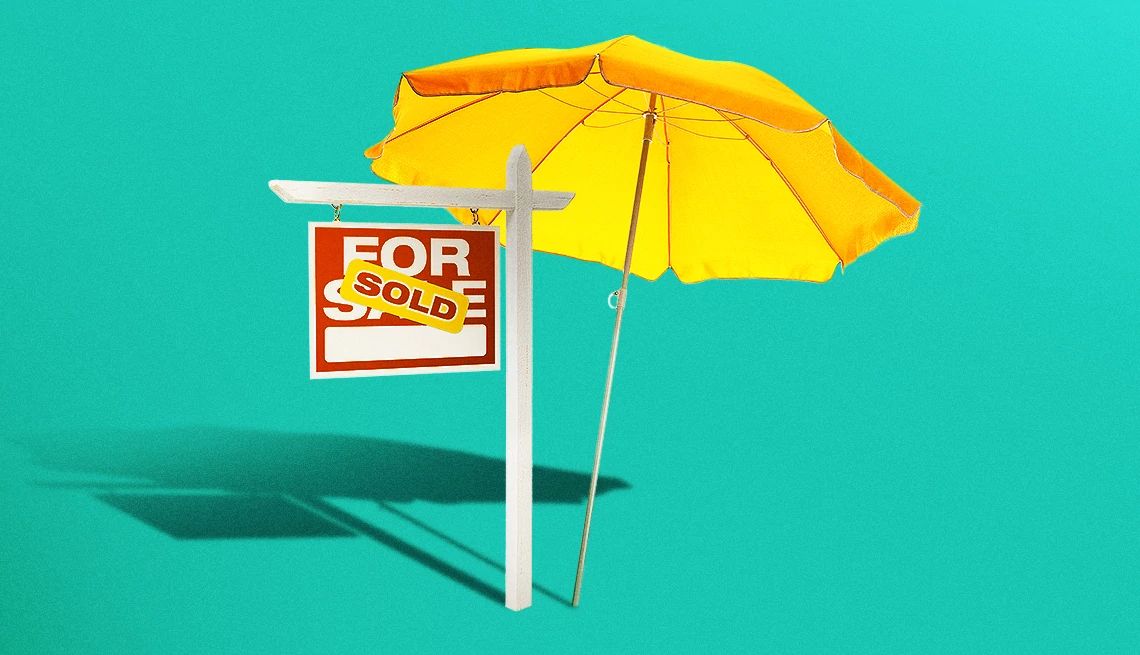
Considering a vacation home or investment property? Whether it’s a beach cottage or mountain retreat, a second property can be rewarding yet complex. This guide covers important matters such as choosing the right location, understanding tax benefits and managing finances. Learn how to find the perfect property, finance your purchase and turn your investment into a success — whether for personal use, income or both.
INITIAL CONSIDERATIONS


1. How will you use it?
Some people buy a vacation home purely for personal use: a place to seek solitude and retreat from daily life without the hassles of securing new lodging and carting clothes and other belongings back and forth. Others see potential in short-term rental income that can help offset the cost of the property. For the latter, experts advise approaching the investment with your personal interests in mind first. “I wouldn’t consider a vacation home to be a money-making venture,” says Michael Lofley, a certified financial planner at HBKS Wealth Advisors. “To me, it’s more of a luxury that you’ve worked your whole life for. It’s a space you can share with your family and friends.”
2. Keep rental income in context
You can rent out your vacation home when you’re not using it, and that revenue can help you pay the mortgage as well as property taxes and expenses. But making a profit shouldn’t be your reason for buying, says Alex Chastain, a certified financial planner with Abacus Planning Group. Use it for your own vacations to make lasting memories with family and friends while also saving on travel costs, she says.
3. Keep it close...
An oceanfront or mountain retreat sounds great in theory. But if you don’t live close to the ocean or mountains, or can’t take long, seasonal visits, you might want to rethink that. To get regular use out of a vacation home, consider what’s in your area — ideally within a few hours' drive, so you can make frequent trips, says Lisa Featherngill, national director of wealth planning at Comerica Wealth Management.
4. Or close to family members
Some people will invest in vacation homes as family gathering spots. “Is there a location somewhat close to everybody?” asks Featherngill. “This will be a place to create additional memories and should be a location everyone enjoys and isn’t too difficult to visit.”
5. Consider your other travel desires
When you own a property, you naturally want to use it, and that may discourage you from traveling to other locales. Owning a vacation home introduces fixed expenses, which reduces your discretionary income, says David Demming, a certified financial planner with Demming Financial Services. And that can leave less money for other vacations, says Marc Schindler, a certified financial planner with Pivot Point Advisors. “There are many high-end properties that you can rent for a fraction of the price and hassle of ownership,” he says.
6. Think about time
“An indirect cost is the time involved in dealing with the property — after all, time is money,” says Jean-Luc Bourdon, a certified public accountant and wealth adviser with Lucent Wealth Planning. Remember that you will be responsible for the upkeep of the property, including regular maintenance and occasional repairs.
7. How long will you own it?
It may seem early to consider selling a vacation home while you’re still in the process of buying one. But thinking ahead can help you make a smart financial decision. Chastain suggests considering whether you plan to sell the home down the road or keep it in the family. If the plan is to sell at some point, the local housing market’s long-term outlook is critical. Talk to a real estate agent to get a sense of appreciation potential, economic growth and market demand. If you think you will retire to this home, consider the availability of health care services and access to community resources, Chastain recommends. If you plan to eventually pass the house on to your heirs with the idea that they will also use it and not sell, then the future market is less of an issue: Go ahead and get that rustic cabin in the woods.
FINANCING

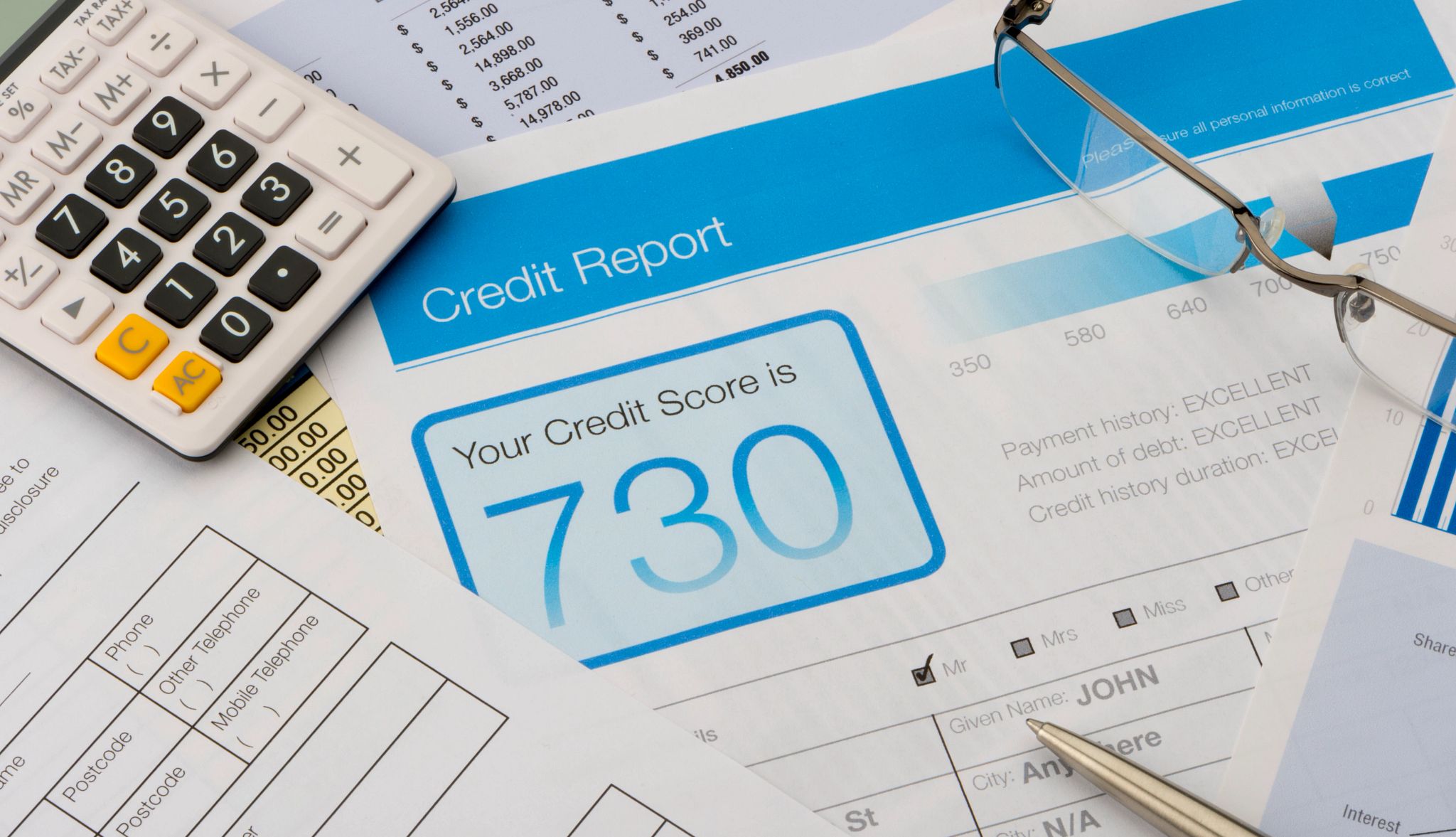
8. How will you pay for it?
Financing a vacation home is different from a primary residence in several important ways. Even if the property is purely for personal use, lenders usually require a higher down payment (compared to primary): often 20 percent to 30 percent, says Melissa Caro, a certified financial planner with My Retirement Network. This is because second homes carry more risk for lenders. Borrowers are more likely to default on a second home than on their primary residence when faced with financial hardship. For this same reason, interest rates are typically 0.5 percent to 1 percent higher for a second home mortgage, says Linda Rogers, a certified financial planner with Planning Within Reach. A second property also isn’t eligible for FHA or VA loans, only conventional mortgages.
9. Get good credit
Lenders typically require a strong credit score and a lower debt-to-income ratio (43 percent or lower) than a primary residence to ensure the borrower can afford two mortgage payments. An ideal credit score would be 700 or better, says Cary Sinnett, senior manager of personal financial planning at the Association of International Certified Professional Accountants (AICPA). “A score above 740 is likely to get you a highly competitive rate,” he says. “A score below 620 would make it nearly impossible to qualify.” The debt-to-income ratio takes into account how much you owe to creditors compared to your total income; it’s a metric that lenders use to assess a borrower’s ability to manage monthly mortgage payments alongside existing debts.
10. Rental properties are different
If the owner intends to rent the property, it may need to be classified as an investment property. Such properties come with different loan terms, usually requiring a 15 percent to 25 percent down payment, as lenders consider rental properties an even higher risk. The increased risk stems from several factors: potential vacancies, reliance on rental income to cover mortgage payments, and the overall perception that borrowers may prioritize payments on their primary residence before an investment property during a period of financial hardship. Interest rates are also significantly higher: often 0.5 percent to 1 percent more than a second home loan, or 1.5 percent to 2 percent more than a primary residence. FHA and VA loans are also not typically available for investment properties.
11. Rental income can help
The debt-to-income ratio may be more stringent to qualify for a rental property loan, but lenders may consider the expected rental income in that calculation. They typically will require proof of rental history or an appraisal with estimated market rent. Finding the right appraisal for your rental property involves two key steps, according to Sinnett. First, choose a certified real estate appraiser who specializes in investment or rental properties. You can locate qualified professionals through organizations like the Appraisal Institute or the American Society of Appraisers, or through recommendations from local real estate boards and lenders. Second, request a rent schedule appraisal using the appropriate standardized form. For residential properties with one to four units, you’ll want to ask for either Fannie Mae Form 1007 (Single-Family Rent Schedule) or Form 1025 (Small Residential Income Property Appraisal Report). These specialized forms provide a market rent estimate based on comparable rental properties in your area, giving you a reliable assessment of your property’s rental value.
12. Your primary home can help, too
You can use the equity in your first home to help finance the second, either by refinancing that loan and pulling out cash or taking out a second mortgage.



































































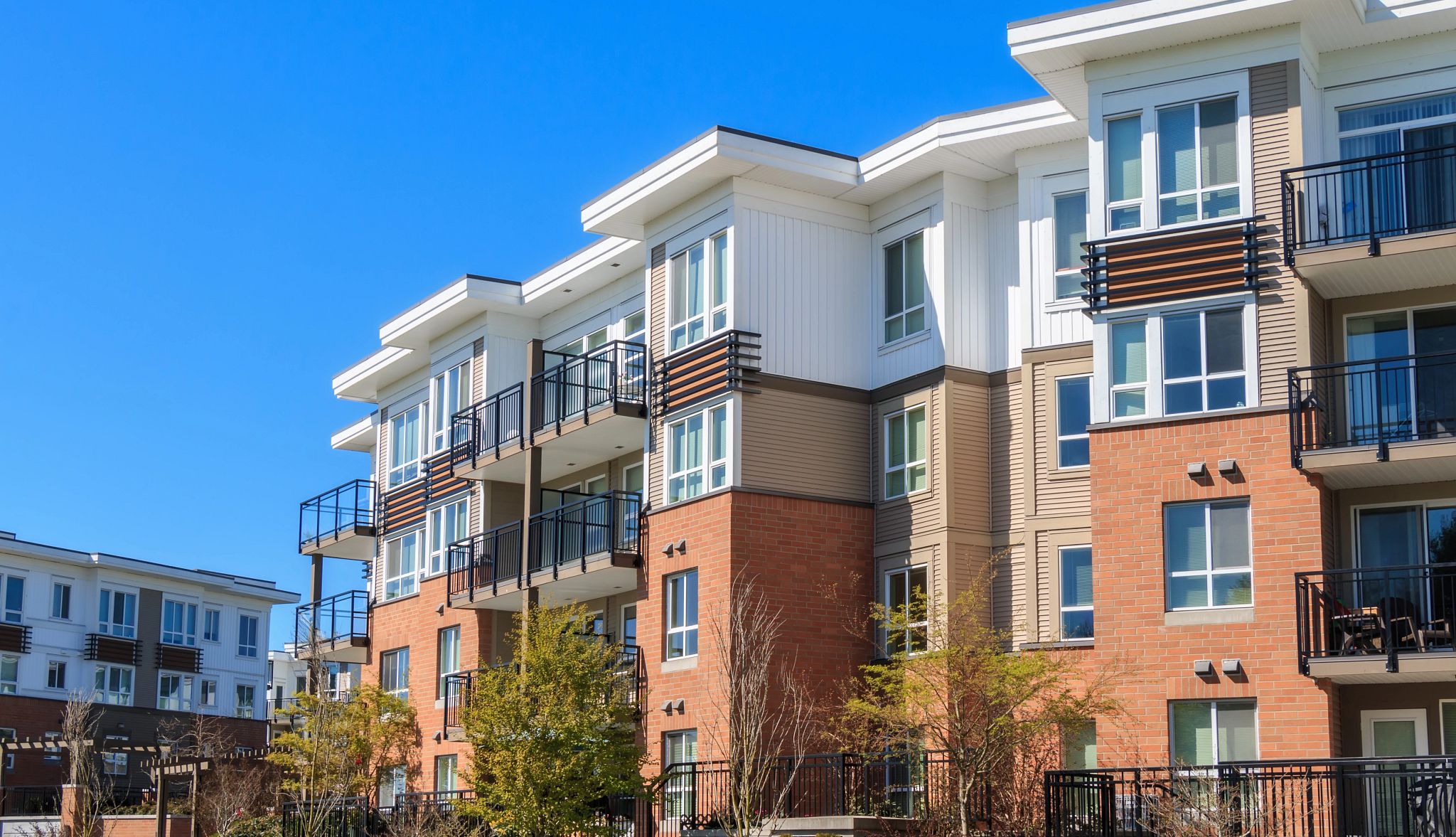
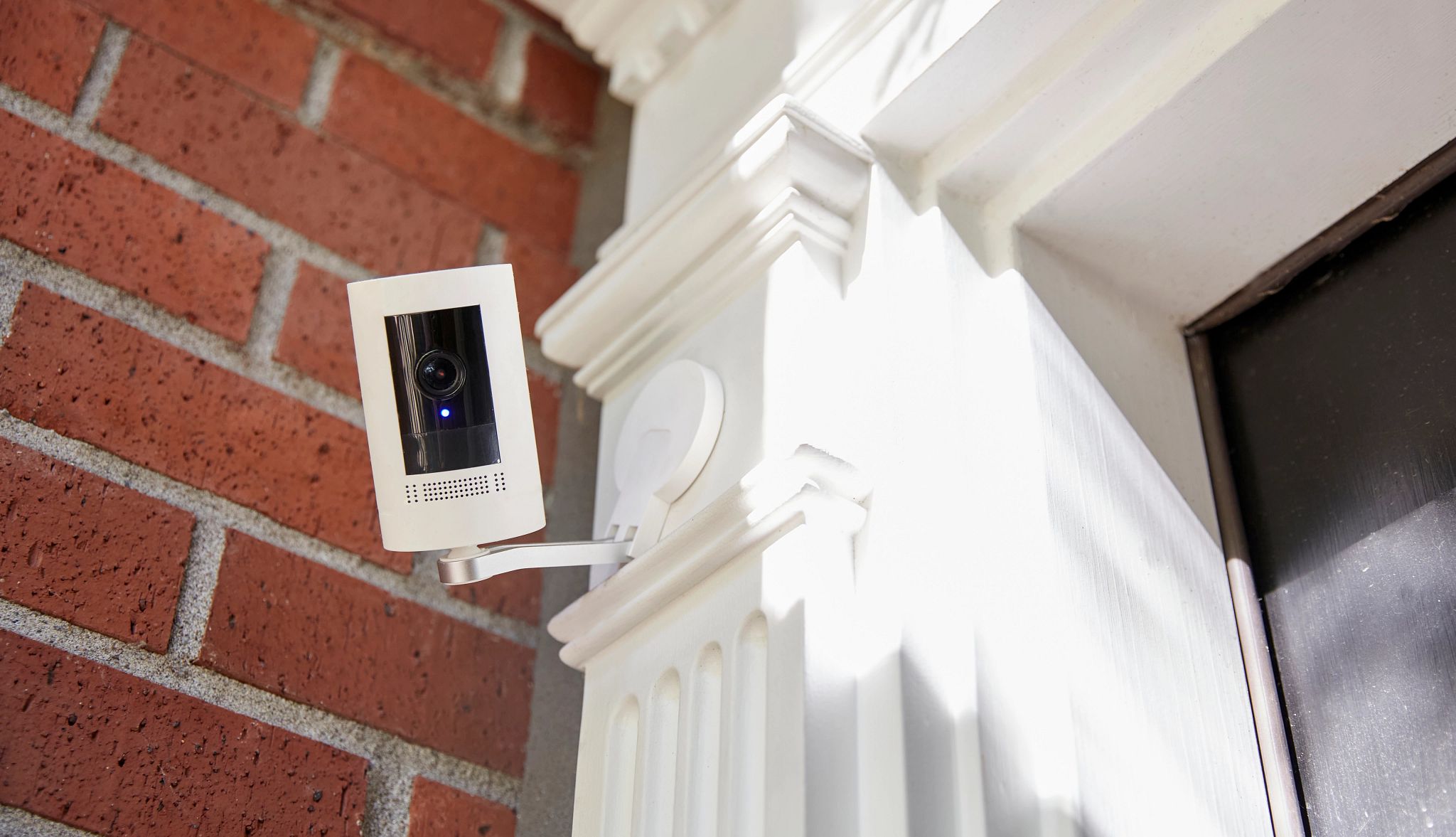





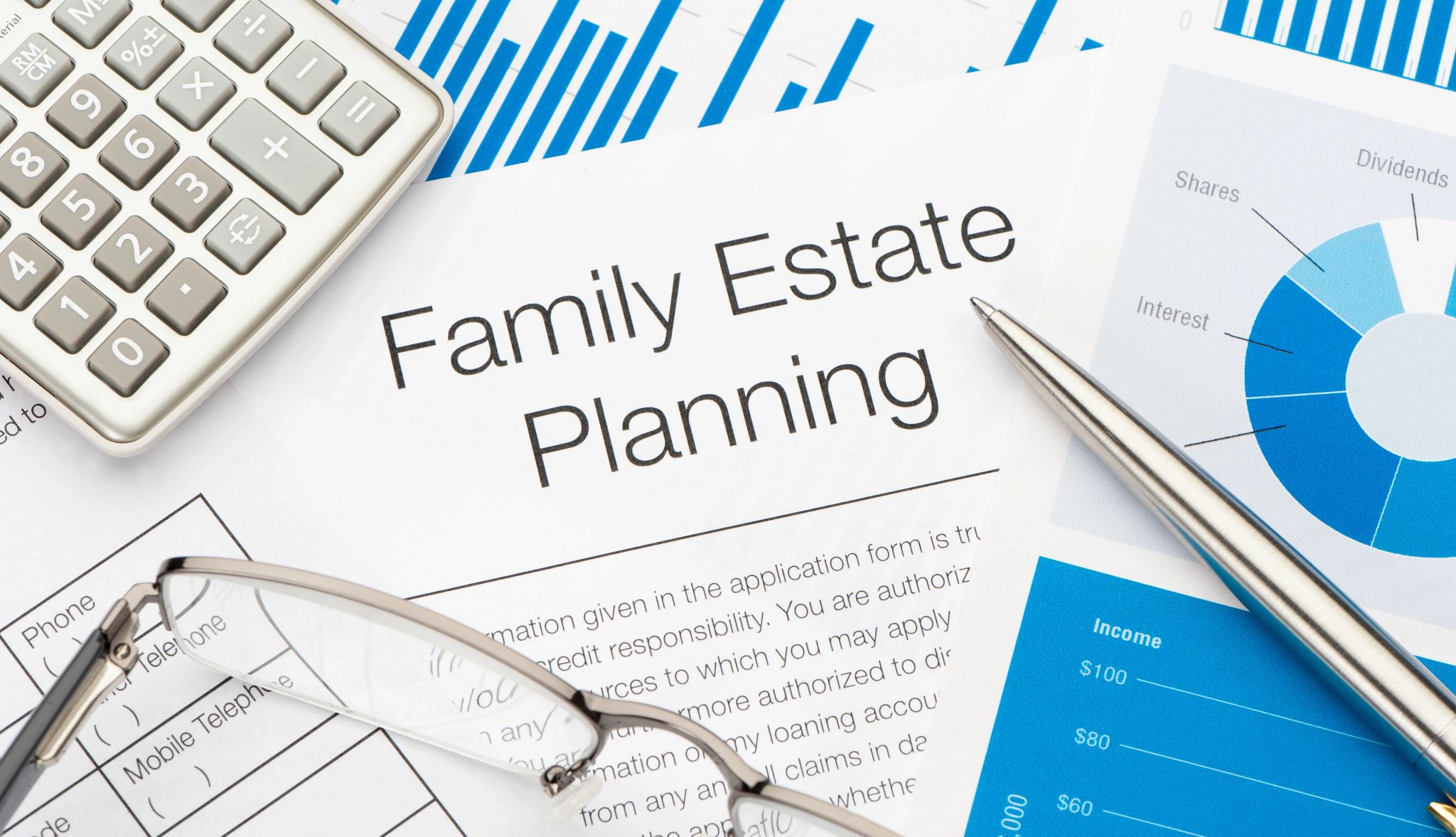

You Might Also Like
Travel Guru Rick Steves, 69, on How to Step Outside Your Comfort Zone
The trip-planning pro chats with AARP about his new book, ‘Hippie Trail,’ why travel matters, his cancer diagnosis, and more
25 Great Ways to Maximize Travel Reward Points
Tips to help you manage hotel, airline and credit card award systems
AARP Smart Guide to Laundry
The dirt on how to clean your clothes like a pro